March 6 stands as one of history’s most eventful days, witnessing the rise and fall of empires, groundbreaking discoveries, and moments that shaped our modern world across centuries of human achievement.
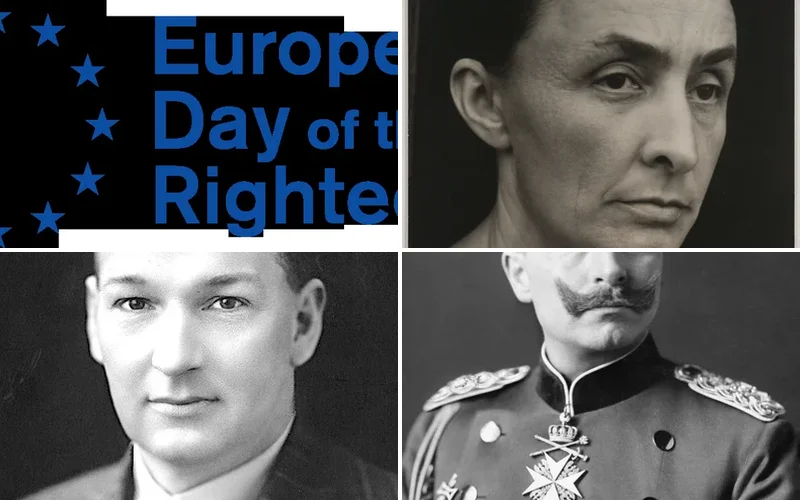
Politics and Government Events on March 6
1901 – Anarchist Assassination Attempt on Kaiser Wilhelm II

An anarchist assassin made a desperate attempt to kill German Emperor Wilhelm II on this pivotal day. The failed attack heightened security concerns across European royal courts.
The incident reflected growing revolutionary tensions that would eventually contribute to the continent’s political upheaval. Imperial authorities responded with increased surveillance and stricter controls on suspected radicals.
1946 – Ho Chi Minh Signs Autonomous Vietnam Agreement

Ho Chi Minh signed a landmark agreement with France recognizing Vietnam as an autonomous state within the Indochinese Federation. The accord represented a crucial step toward Vietnamese independence.
French colonial authorities hoped the arrangement would maintain their influence while addressing nationalist demands. The agreement ultimately proved temporary as both sides prepared for renewed conflict.
1953 – Georgy Malenkov Succeeds Stalin as Soviet Premier
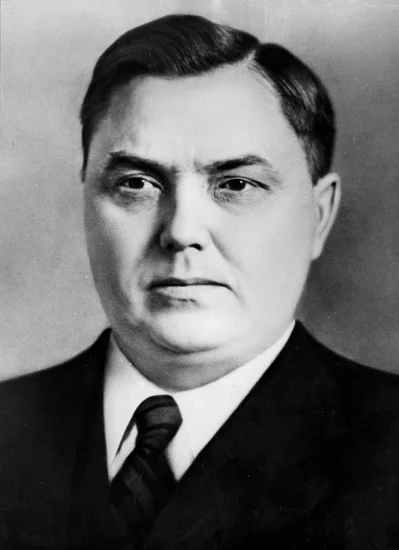
Georgy Malenkov assumed the roles of Premier and First Secretary following Joseph Stalin’s death. His succession marked the beginning of a new era in Soviet politics.
The transition represented the first major leadership change in the USSR since the 1920s. Malenkov’s rise initiated a period of collective leadership that would reshape communist governance.
1957 – Ghana Achieves Independence from Britain
Ghana became the first Sub-Saharan African nation to gain independence from British colonial rule. Prime Minister Kwame Nkrumah led the celebration as the Gold Coast transformed into a sovereign nation.
The achievement inspired independence movements across Africa and marked the beginning of decolonization. Ghana’s success demonstrated that African nations could successfully transition to self-governance.
1964 – Constantine II Becomes Last King of Greece
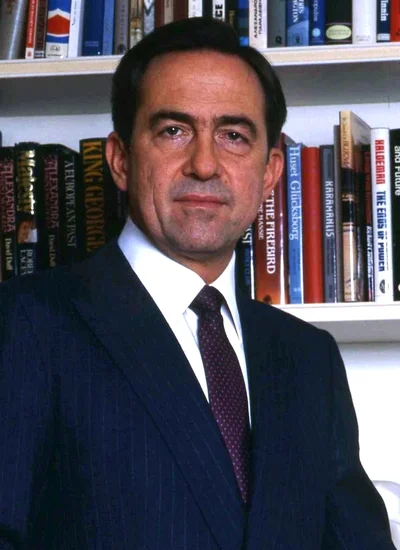
Constantine II ascended to the Greek throne, unknowingly beginning the final chapter of the Greek monarchy. His reign would face political turmoil and military intervention.
The young king inherited a nation struggling with political instability and economic challenges. His conflicts with elected governments would eventually lead to the monarchy’s abolition.
1967 – Stalin’s Daughter Defects to United States
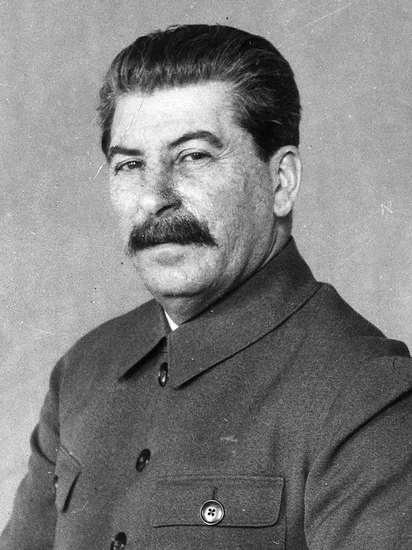
Svetlana Alliluyeva, Joseph Stalin’s daughter, defected to the United States in a stunning Cold War development. Her defection sent shockwaves through both Soviet and American intelligence communities.
The defection represented a major propaganda victory for the West during the height of Cold War tensions. Alliluyeva’s decision highlighted the personal costs of Soviet totalitarianism even within Stalin’s own family.
Military and Naval History on March 6
1912 – First Military Use of Airships in Combat
Italian forces made aviation history by deploying dirigibles as bombers against Turkish troops at Janzur. The airships dropped explosives from 1,800 meters altitude in this pioneering aerial attack.
This innovative military application demonstrated aviation’s potential for modern warfare. The successful mission marked the beginning of strategic bombing campaigns that would reshape military tactics.
1943 – Rommel’s Final African Campaign at Medenine
Generalfeldmarschall Erwin Rommel launched the Battle of Medenine in a desperate attempt to halt the advancing British Eighth Army. The German offensive failed catastrophically within hours.
Rommel’s defeat marked his final military action in North Africa before departing the continent. The battle’s outcome sealed German fate in the North African theater of World War II.
1943 – Greek Resistance Victory at Fardykambos
The Battle of Fardykambos concluded with Greek resistance forces achieving a stunning victory over Italian occupation troops. An entire Italian battalion surrendered, leading to Grevena’s liberation.
This triumph demonstrated the effectiveness of organized resistance against Axis occupation forces. The victory boosted morale among Greek fighters and encouraged further resistance activities.
1944 – Soviet Air Forces Destroy Historic Narva
Soviet Air Forces bombed the evacuated Estonian town of Narva, completely destroying its historic Swedish-era architecture. The devastating attack eliminated centuries of cultural heritage.
The bombing represented the destructive nature of total warfare on civilian infrastructure. Narva’s destruction symbolized the broader devastation inflicted on Baltic cultural landmarks during the war.
1988 – SAS Operation Flavius in Gibraltar
British Special Air Service forces killed three Provisional IRA volunteers in Gibraltar during Operation Flavius. The controversial operation sparked intense debate about counter-terrorism tactics.
The killings generated significant political controversy and legal challenges regarding the use of lethal force. The incident highlighted tensions between security operations and civil liberties during the Troubles.
Science and Discovery Milestones on March 6
1904 – Discovery of Coats Land in Antarctica
The Scottish National Antarctic Expedition, led by William Speirs Bruce, discovered Coats Land from their vessel Scotia. This significant geographical discovery expanded knowledge of the Antarctic continent.
The expedition’s achievement demonstrated Scotland’s contribution to polar exploration during the Heroic Age of Antarctic exploration. Bruce’s systematic approach advanced scientific understanding of Antarctic geography and conditions.
1992 – Michelangelo Computer Virus Outbreak
The Michelangelo computer virus began its destructive spread across computer systems worldwide. The malicious program targeted DOS-based computers, causing widespread data destruction.
The virus outbreak highlighted the growing vulnerability of computer networks to malicious attacks. The incident prompted increased awareness of cybersecurity threats and protective measures.
2008 – Jeff Bezos Named World’s Richest Person
Forbes magazine named Jeff Bezos the world’s richest person for the first time, with a net worth of $112 billion. This milestone reflected Amazon’s explosive growth and dominance in e-commerce.
Bezos’s achievement marked a shift in wealth concentration toward technology entrepreneurs. His fortune symbolized the transformative power of internet commerce and digital innovation.
Cultural and Arts Events on March 6
1943 – Norman Rockwell’s “Freedom from Want” Published
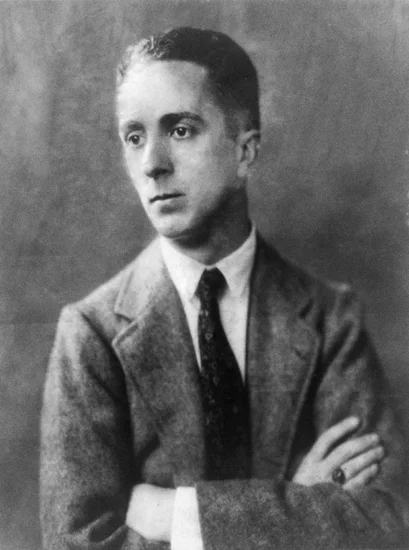
Norman Rockwell’s iconic painting “Freedom from Want” appeared in The Saturday Evening Post alongside Carlos Bulosan’s accompanying essay. The artwork became part of Rockwell’s celebrated Four Freedoms series.
The painting captured American ideals during World War II and resonated with audiences seeking hope during wartime. Rockwell’s work helped define American cultural identity and values for generations.
1964 – Cassius Clay Becomes Muhammad Ali
Nation of Islam leader Elijah Muhammad officially bestowed the name Muhammad Ali upon boxing champion Cassius Clay. This transformation marked a pivotal moment in American sports and civil rights history.
The name change reflected Ali’s religious conversion and growing political consciousness. His new identity would become synonymous with athletic excellence and social activism.
1975 – Zapruder Film Shown to National Television Audience
The Zapruder film documenting President John F. Kennedy’s assassination was broadcast in motion to a national television audience for the first time. Robert J. Groden and Dick Gregory presented the controversial footage.
The broadcast reignited public debate about the assassination and conspiracy theories. The film’s television premiere marked a watershed moment in American historical documentation and public access to controversial evidence.
Religious and Social Events on March 6
1930 – International Unemployment Day Demonstrations
The Comintern initiated global demonstrations for International Unemployment Day, mobilizing workers worldwide to protest economic conditions. Millions participated in coordinated protests across multiple continents.
The demonstrations reflected widespread economic hardship during the Great Depression. The international coordination showcased communist organizational capabilities and growing social unrest.
1970 – Weather Underground Greenwich Village Explosion
An explosion at a Weather Underground safe house in Greenwich Village killed three members of the radical organization. The blast occurred while the group was constructing bombs for planned attacks.
The tragedy exposed the dangerous escalation of radical activism in America. The incident marked a turning point for the Weather Underground and highlighted the risks of violent revolutionary tactics.
Business and Economic Events on March 6
1984 – British Miners’ Strike Begins
A walkout at Cortonwood Colliery in Brampton Bierlow triggered the start of a nationwide miners’ strike that would last almost a year. The dispute involved the majority of Britain’s coal miners.
The strike represented a crucial confrontation between organized labor and government economic policies. The prolonged conflict would reshape British industrial relations and accelerate deindustrialization.
1975 – Iran-Iraq Algiers Accord Signed
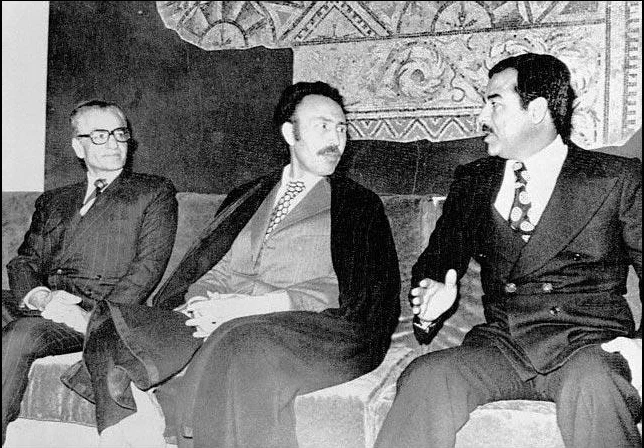
Iran and Iraq announced the Algiers Accord, settling their long-standing border dispute through diplomatic negotiation. The agreement temporarily resolved tensions between the two regional powers.
The accord represented a rare moment of diplomatic success in Middle Eastern politics. However, the settlement would prove temporary as both nations prepared for future conflicts.
1951 – Rosenberg Trial Begins
The trial of Ethel and Julius Rosenberg began amid intense Cold War tensions over atomic espionage. The controversial case would become a defining moment in American anti-communist sentiment.
The proceedings highlighted fears about nuclear security and Soviet infiltration. The trial’s outcome would influence American attitudes toward civil liberties and national security for decades.
Transportation and Infrastructure on March 6
1987 – MS Herald of Free Enterprise Ferry Disaster
The British ferry MS Herald of Free Enterprise capsized in approximately 90 seconds off the Belgian coast, killing 193 passengers and crew. The disaster shocked the maritime industry with its sudden and catastrophic nature.
The tragedy exposed serious safety deficiencies in ferry operations and design. The incident prompted comprehensive maritime safety reforms and improved emergency procedures across the industry.
2003 – Air Algérie Flight 6289 Crash

Air Algérie Flight 6289 crashed at Aguenar-Hadj Bey Akhamok Airport in Tamanrasset, Algeria, killing 102 of 103 people aboard. The disaster marked one of Algeria’s deadliest aviation accidents.
The crash highlighted safety challenges in North African aviation infrastructure. The tragedy prompted investigations into airport safety protocols and aircraft maintenance standards.
1945 – American Forces Capture Cologne
American troops captured the German city of Cologne, marking a significant Allied victory in the final months of World War II. The same day witnessed the launch of Operation Spring Awakening, Germany’s last major offensive.
The capture of Cologne demonstrated Allied momentum in the final push toward Berlin. The simultaneous German offensive reflected desperate attempts to reverse the war’s inevitable outcome.
Sports and Recreation on March 6
1965 – Tom Playford Loses Power in South Australia
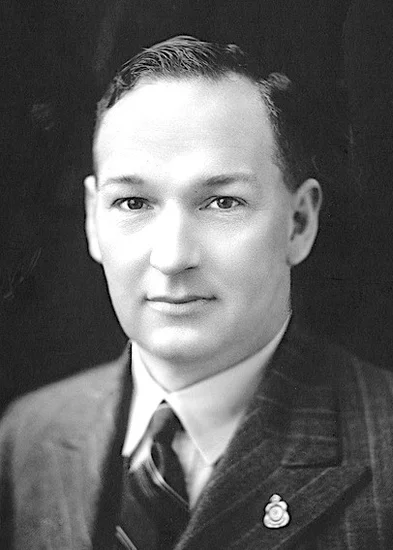
Premier Tom Playford of South Australia lost power after an unprecedented 27 years in office. His defeat marked the end of an era in Australian state politics.
Playford’s long tenure had shaped South Australia’s development through post-war industrialization. His political longevity represented remarkable stability in democratic governance.
1968 – Rhodesian Executions Prompt International Condemnation
Rhodesia executed three rebels in the first executions since the Unilateral Declaration of Independence, prompting widespread international condemnation. The actions intensified diplomatic isolation of the white-minority government.
The executions escalated tensions in the region and strengthened international sanctions. The incident highlighted the brutal nature of minority rule and accelerated liberation movements.
2020 – Kabul Ceremony Attack Kills 32
Gunmen opened fire on a ceremony in Kabul, Afghanistan, killing 32 people and injuring 81 others. The Islamic State claimed responsibility for the devastating attack.
The assault demonstrated the continuing security challenges facing Afghanistan. The attack underscored the persistent threat of extremist violence in the region.
Notable Births on March 6
1926 – Gabriel García Márquez, Colombian Author

Gabriel García Márquez was born in Aracataca, Colombia, beginning a life that would revolutionize literature. His childhood in the Caribbean coast region deeply influenced his magical realist style.
Márquez would become one of the most celebrated writers of the 20th century, winning the Nobel Prize in Literature. His masterpiece “One Hundred Years of Solitude” established him as a giant of world literature.
1926 – Alan Greenspan, American Economist
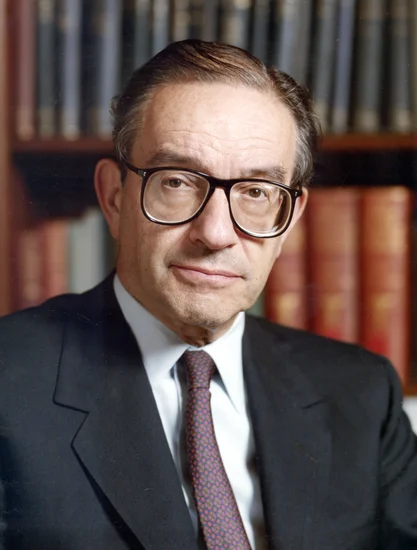
Alan Greenspan was born in New York City, beginning a journey that would lead to economic prominence. His early fascination with mathematics and economics shaped his analytical approach to financial markets.
Greenspan would later serve as Chairman of the Federal Reserve for nearly two decades. His monetary policies significantly influenced American economic policy and global financial markets.
1937 – Valentina Tereshkova, Soviet Cosmonaut

Valentina Tereshkova was born in Maslennikovo, Russia, destined to make history as the first woman in space. Her working-class background and parachuting hobby prepared her for cosmonaut training.
Tereshkova’s space flight in 1963 broke gender barriers in space exploration. Her achievement inspired women worldwide and demonstrated Soviet commitment to gender equality in scientific endeavors.
1944 – Kiri Te Kanawa, New Zealand Opera Singer

Kiri Te Kanawa was born in Gisborne, New Zealand, beginning a journey to international operatic stardom. Her Māori and European heritage enriched her artistic perspective.
Te Kanawa would become one of the world’s most celebrated sopranos, performing at major opera houses globally. Her voice and artistry brought classical music to audiences worldwide.
1946 – David Gilmour, English Musician

David Gilmour was born in Cambridge, England, destined to become a legendary guitarist and songwriter. His early musical experimentation with blues and rock laid the foundation for his distinctive style.
Gilmour joined Pink Floyd and helped create some of rock music’s most innovative and influential albums. His guitar work and vocals became integral to the band’s atmospheric sound.
1947 – Rob Reiner, American Director

Rob Reiner was born in New York City, beginning a career that would span acting, directing, and political activism. His entertainment industry family background provided early exposure to show business.
Reiner would become one of Hollywood’s most successful directors, creating beloved films across multiple genres. His work demonstrated remarkable versatility and storytelling ability.
1972 – Shaquille O’Neal, American Basketball Player

Shaquille O’Neal was born in Newark, New Jersey, beginning a journey to basketball superstardom. His exceptional size and athleticism made him a dominant force from an early age.
O’Neal would become one of the NBA’s most dominant centers, winning multiple championships and Olympic gold medals. His charismatic personality and business acumen extended his influence beyond basketball.
1991 – Tyler, the Creator, American Rapper

Tyler, the Creator was born Tyler Gregory Okonma in Ladera Heights, California, beginning a revolutionary career in hip-hop. His creative approach to music production and visual arts set him apart from his peers.
Tyler would become a Grammy-winning artist and influential figure in alternative hip-hop. His artistic vision and entrepreneurial spirit helped redefine rap music’s creative possibilities.
Notable Deaths on March 6
1932 – John Philip Sousa, American Composer
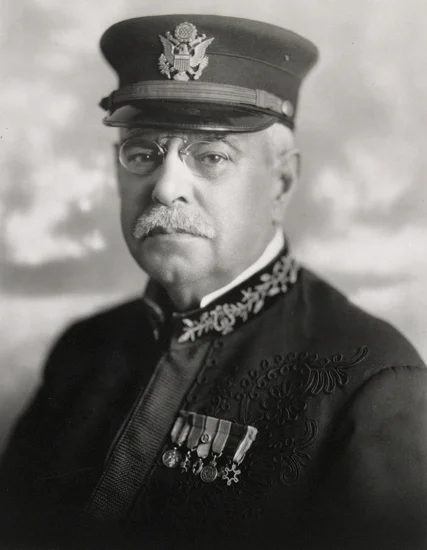
John Philip Sousa, the legendary “March King,” died at age 77, ending a career that defined American patriotic music. His compositions became synonymous with American military and ceremonial occasions.
Sousa’s marches, including “The Stars and Stripes Forever,” remain essential elements of American musical heritage. His innovative conducting style and prolific output established him as America’s foremost march composer.
1941 – Gutzon Borglum, American Sculptor
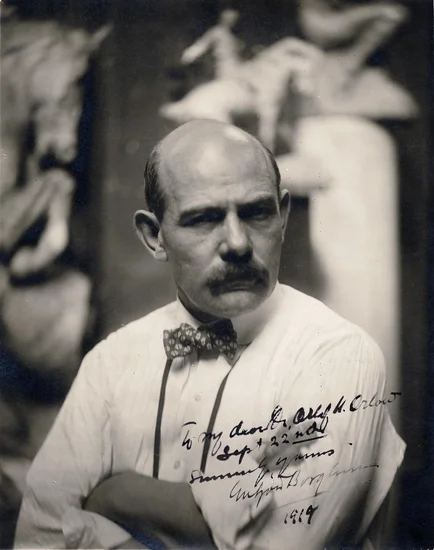
Gutzon Borglum, creator of Mount Rushmore, died at age 73, leaving behind America’s most ambitious sculptural project. His vision transformed a South Dakota mountainside into a national monument.
Borglum’s death occurred just months before Mount Rushmore’s completion. His monumental artistry demonstrated the power of sculpture to embody national ideals and inspire patriotic sentiment.
1951 – Ivor Novello, Welsh Composer

Ivor Novello, the celebrated Welsh composer and actor, died at age 58, ending a brilliant career in musical theater. His romantic operettas and popular songs captivated audiences across Britain.
Novello’s theatrical works defined British musical entertainment between the wars. His melodic gifts and dramatic sensibility established him as one of Britain’s most beloved musical theater composers.
1973 – Pearl S. Buck, American Author
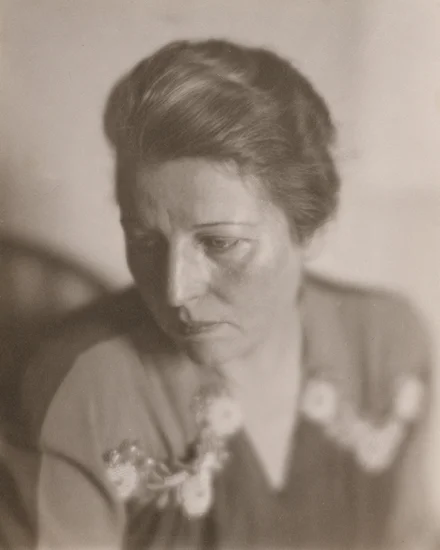
Pearl S. Buck, Nobel Prize-winning author, died at age 80, concluding a literary career that bridged Eastern and Western cultures. Her novels introduced American readers to Chinese life and customs.
Buck’s masterpiece “The Good Earth” revolutionized American understanding of Chinese society. Her humanitarian work and cross-cultural advocacy demonstrated literature’s power to promote international understanding.
1982 – Ayn Rand, Russian-American Philosopher
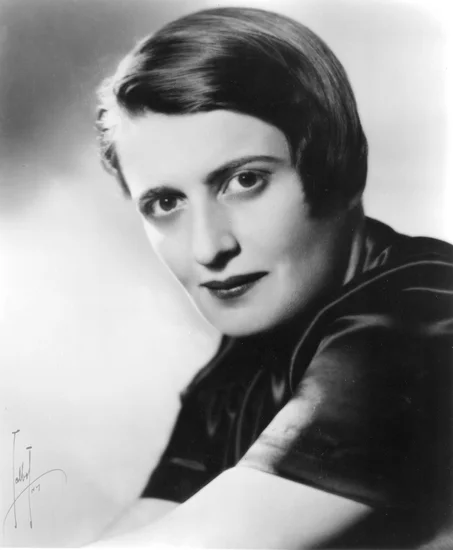
Ayn Rand, influential philosopher and novelist, died at age 77, leaving behind a controversial legacy of individualist philosophy. Her objectivist philosophy championed rational self-interest and laissez-faire capitalism.
Rand’s novels “The Fountainhead” and “Atlas Shrugged” continue to influence political and economic thought. Her philosophical system attracted both devoted followers and fierce critics.
1986 – Georgia O’Keeffe, American Artist

Georgia O’Keeffe, pioneering American modernist painter, died at age 98, ending a career that revolutionized American art. Her bold paintings of flowers, landscapes, and abstract forms challenged conventional artistic boundaries.
O’Keeffe’s distinctive style and independent spirit made her an icon of American art. Her New Mexico landscapes and flower paintings remain among the most recognizable works in American art history.
2016 – Nancy Reagan, American First Lady

Nancy Reagan, actress and former First Lady, died at age 94, concluding a life devoted to public service and advocacy. Her “Just Say No” anti-drug campaign became a defining initiative of the 1980s.
Reagan’s influence extended far beyond traditional First Lady duties. Her devotion to her husband and her advocacy for Alzheimer’s research demonstrated her lasting commitment to important causes.
Holidays and Observances on March 6
Independence Day (Ghana)
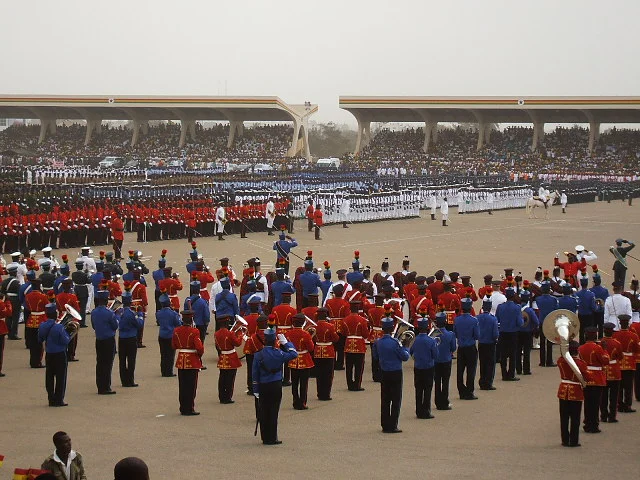
Ghana celebrates Independence Day, commemorating its historic achievement as the first Sub-Saharan African nation to gain independence from British colonial rule in 1957. The day marks a watershed moment in African decolonization.
Ghanaians celebrate with parades, cultural performances, and official ceremonies honoring their nation’s founders. The observance serves as a reminder of the struggle for freedom and the ongoing work of nation-building.
European Day of the Righteous
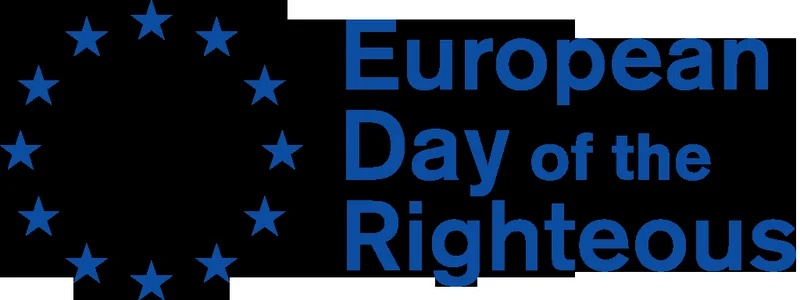
Europe observes the Day of the Righteous, honoring individuals who courageously stood against crimes against humanity and totalitarianism. The day recognizes moral heroes who risked everything to protect others.
The observance celebrates those who demonstrated exceptional moral courage during dark periods of history. The day serves as a reminder of individual responsibility in the face of injustice.
Foundation Day (Norfolk Island)
Norfolk Island commemorates Foundation Day, marking the island’s establishment as a British settlement in 1788. The day celebrates the island’s unique history and cultural heritage.
Residents celebrate with community gatherings and historical reenactments. The observance highlights Norfolk Island’s distinctive place in Pacific colonial history and its ongoing cultural identity.
